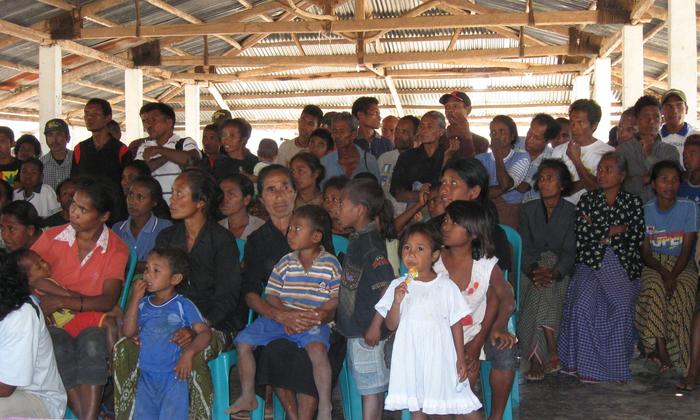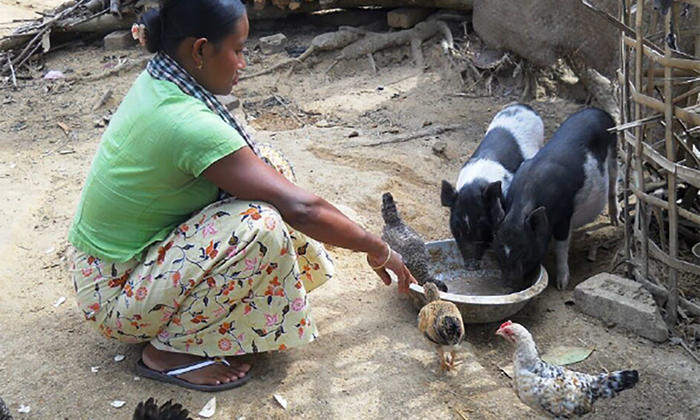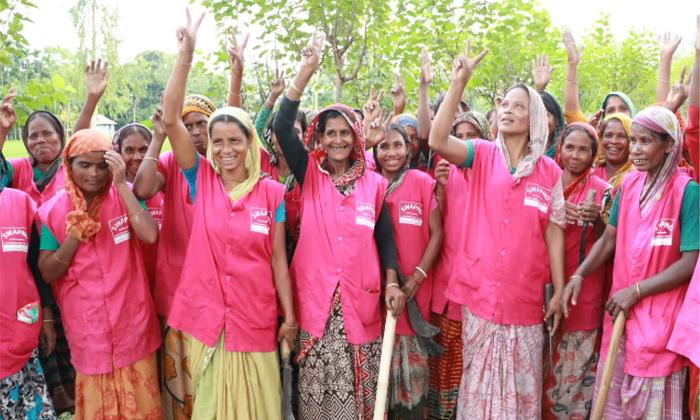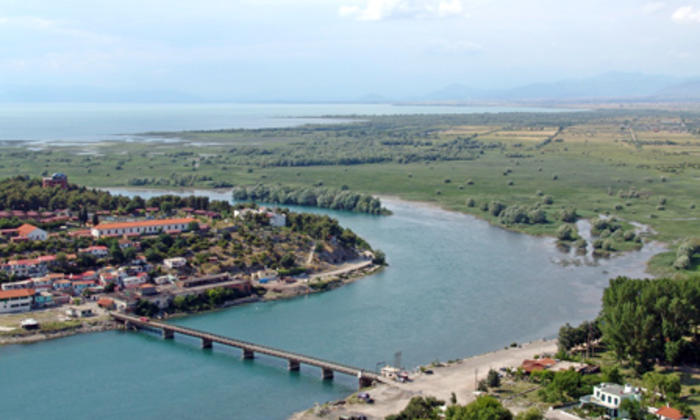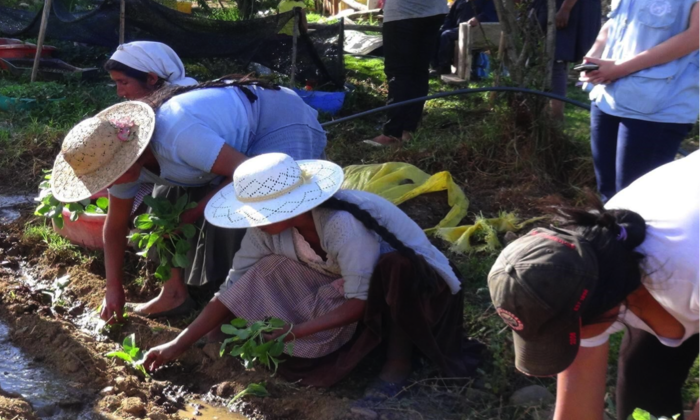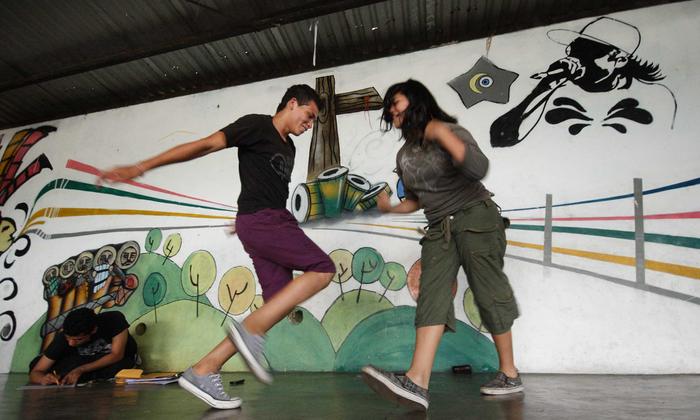78 lead farmers, market agents and food processors (44 women) improved their knowledge of financial services, markets and off-farm opportunities
Case study
Nigeria: Food Africa – Empowering Youth and Promoting Innovative Public-Private Partnerships through More Efficient Agro-Food Value Chains in Nigeria
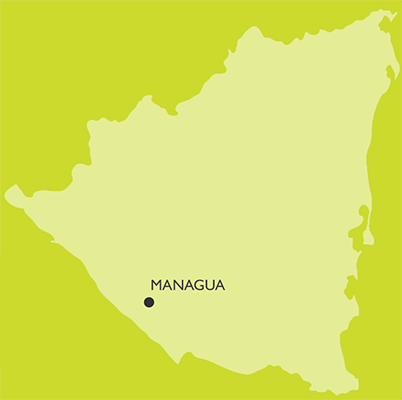
SDGs ADDRESSED
This case study is based on lessons from the joint programme, Food Africa: Empowering Youth and Promoting Innovative PPPs through More Efficient Agro-Food Value Chains in Nigeria
Read more
Chapters
Project Partners
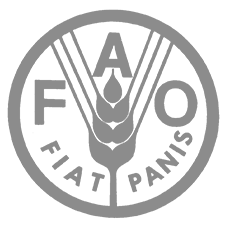

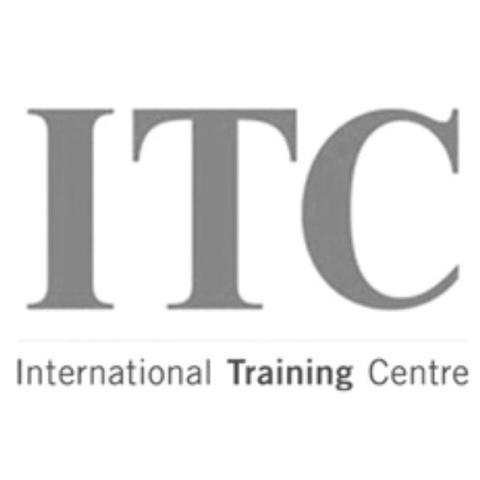
1. SUMMARY
The joint programme was an innovative public-private partnership between the SDG Fund, UN Agencies, Sahara Group, world-renowned chefs the Roca Brothers, Nigerian National Government and Kaduna State Government to improve food security and nutrition and alleviate poverty by strengthening local value chains for farmers. The programme promoted agro-food value chain development, food and nutrition security, youth employment and poverty alleviation by testing a replicable model in Kaduna State.
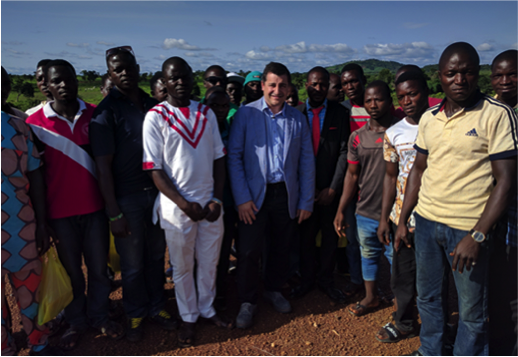
SDG Fund Ambassador Josep Roca with Jere young farmers participating in joint programme
2. THE SITUATION
Nigeria is the most populous country in Africa. Even though it has had high economic growth over the last decade, approximately 61% of the population lived in absolute poverty. Food security has become a challenge for many countries across Sub-Saharan Africa, including Nigeria. The country was self-sufficient in terms of food production in the 1960s but since the 1980s, it started importing more food. The Government has for several years pursued a policy of economic diversification outside the oil and gas sector, placing greater emphasis on agriculture.
Nigeria has 84 million hectares of arable land, but only 40% of it is cultivated. Agriculture accounts for an estimated 70% of national employment, but only 22% of the GDP, so there is significant potential for productivity gains. Obstacles to agricultural development include land ownership fragmentation, rain-fed irrigation, changing patterns of rainfall and rising temperatures. Additionally, there is inadequate infrastructure, such as poor rural roads and limited electricity. Moreover, small farmers struggle due to low-quality agricultural inputs (seeds, fertilizers, equipment), insufficient access to agricultural extension services for farmers education and lack of local agro-processing facilities. This results in low levels of productivity and high post-harvest losses, often as high as 50-70%.
The country has high rates of youth unemployment, with an estimated 50 million young people out of work. Youth unemployment is higher in rural areas and more prevalent among women. Rural women face more disadvantages as they have limited access to land and agricultural inputs. Even though women in Nigeria are legally permitted to inherit land, in practice, men still normally inherit land. As a result, women average 0.3 hectares of land compared to 0.6 hectares among men. The knowledge gap also impacts production as 15% of households led by men have access to extension services, compared to 8% of women. Women also have less access to human capital and have less time because they do most of the housework and childrearing.
Kaduna State, in Northwest Nigeria, was selected for the programme. It has a population of 6 million and its capital, one Nigeria’s most important cities, serves as a trade center and a major transportation hub for the surrounding areas. Kaduna State also has the second-highest poverty rate in the country. It has the highest rate of vulnerability and food insecurity and is most vulnerable to droughts. In recent years, the government has put in place infrastructure to support agricultural development, but farmers still face challenges related to poor quality agricultural inputs, basic infrastructure, and lack of irrigation and credit facilities.
3. STRATEGY
The joint programme’s strategy was based on an innovative partnership between the Sahara Group (the private sector), three UN agencies, SDG Fund Ambassadors (the Roca Brothers, who are internationally acclaimed chefs), and the Kaduna State Government. Partners worked together to promote replicable and integrated solutions for agro-food value chain development, food security and nutrition, youth employment, and poverty alleviation. This approach allowed each partner to bring its expertise to help achieve the joint programme’s objectives.
The programme piloted activities in Kaduna State that supported public-private partnerships to create a business model to boost local agriculture and establish local food processing facility. The programme also aimed to improve the livelihoods of farmers by expanding their market access. Key expected outcomes were opportunities for decent jobs that could in turn alleviate hunger and nutrition problems and promote sustainable economic growth. The programme also focused on empowering local youth by improving their technical and business management skills.
4. RESULTS AND IMPACT
The joint programme was implemented from August 2018 to April 2019, and during this time it supported reduction of post-harvest losses and establishment of a processing facility for agribusiness development. The programme focused on market-driven business models by allowing farmers to access new markets. The Food Africa joint programme reached 246 farmers and 15 cooperatives and farmers groups over six months. They benefited from skills trainings, and access to agricultural inputs and equipment, which improved their productivity and minimized post-harvest losses. Farmers’ access to an improved agro-processing facility was supposed to be done through building a local food processing facility by the private sector partner (Sahara Foundation).
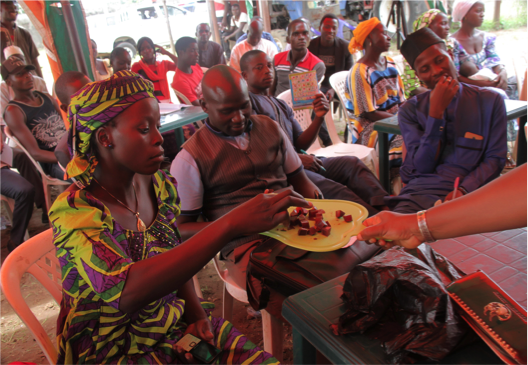
The Food Africa joint programme reached 246 farmers and 15 cooperatives over six months
At the time of evaluation, construction was still ongoing, and the facility was expected to become operational soon. Due to the programme’s short length, it was not possible to secure contracts for the 246 farmers to sell produce to directly to the facility. However, Sahara Foundation is committed to operating the facility beyond the programme period. When the facility becomes operational, contract with local farmers will be established.
The programme addressed the skills gaps in agriculture techniques and agro-processing. Based on the needs assessment, trainings were organized for select farmers, farmer groups and cooperatives. ILO and FAO trained farmers and cooperatives’ leaders on farming practices, business development and management, and occupational safety and health. In addition, 23 participants (8 females and 15 males) from the ministries, cooperatives and supporting organizations were trained on management practices at the local, state and federal level.
Food Africa strengthened agro-food value chains and improved access to markets by assisting beneficiaries in the Jere farming area. Farmers were connected with micro, small and medium enterprises (MSMEs), which strengthened local business development and supported value chain development. Through value chain market programmes, 78 lead farmers, market agents and food processors (44 women) improved their knowledge of financial services, markets and off-farm opportunities. Under agreements between the farmers and MSMEs, farmers sold 139 tons of produce, while additional sales are pending.
Business management trainings were provided for 62 young people and women in Jere and the surrounding communities. The intended number of beneficiaries had to be reduced due to reductions in the programme’s budget and timeframe. As a result, 62 profitable business plans were developed to help participants turn their small-scale farming practices into large-scale agri-business.
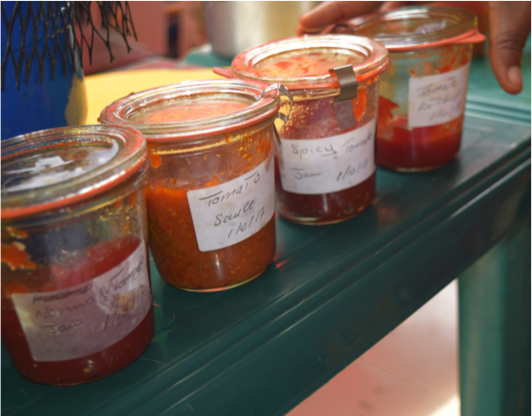
The programme addressed the skills gaps in agriculture techniques and agro-processing
5. CHALLENGES
The Food Africa programme experienced delays in implementation and its timeline had to be reduced. It was expected to start in January 2017, but it did not start until July 2018, when matching funds were released. Some implementing agencies also experienced delays accessing funds. The programme lasted for only six months instead of the initially planned two years. As a result, not all planned activities were implemented.
Delays in construction of the processing facility that was expected to serve as the training centre and lack of other venues affected implementation of training activities. Construction was postponed due to delays in land approvals by the Federal Ministry of Water Resources. As a result, trainings had to take place outside of the Jere community, leading to higher costs and fewer beneficiaries.
In addition, some training had to be rescheduled or cancelled due to serious security concerns in Kaduna State. Training activities were moved out from field to the cities of Abuja and Kaduna. While this helped with implementation, it led to higher costs and reduced the number of beneficiaries.
6. LESSONS LEARNED
- The joint programme was supposed to be implemented in two years but ran for only six months. Therefore, some activities and outcomes could not be achieved. A programme of such magnitude and complexity needs more time, particularly considering the time lost in getting started. There is also a need for a follow-up programme in order to realize the full potential of this innovative partnership model.
- Despite the short programme length, the joint implementation experience—including joint scoping and profiling of beneficiaries, joint missions, partner meetings, and coordinated trainings and field work—clearly indicate that “Delivering as One” is possible when partnering with the private sector.
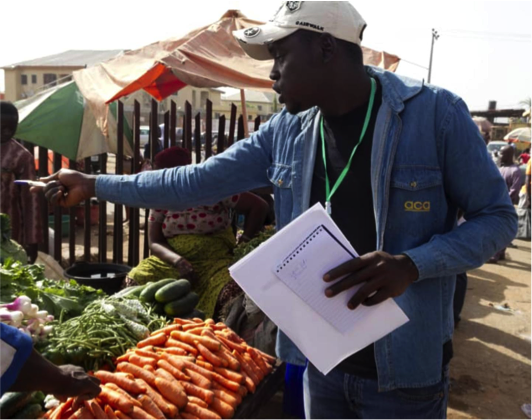
David Israel (19) benefited from training courses on organic agriculture, value addition, market linkages, food safety and quality to improve his skills for successful farming
7. SUSTAINABILITY AND POTENTIAL FOR REPLICATION
Despite the very short implementation period, the Food Africa programme achieved substantive results. It was the first of its kind to be implemented in Kaduna State and the first to focus on horticulture value chains and the development of cooperatives in Nigeria. During the January 2019 monitoring mission, stakeholders noted the Food Africa programme’s relevance to government policy, development challenges, targeted groups’ needs and market-orientation/value chains. There were strong financial commitments and positive feedback from all joint programme partners and participants.
Results that were achieved in just six months clearly demonstrate the importance of national ownership and the private sector’s engagement as an implementing partner. Increased ownership through public and private sector engagement and increased capacity of local beneficiaries in agro-production, processing, financial and business management can help guarantee sustainability of results. Moreover, this innovative programme, designed as a public-private partnership, has shown that these integrated solutions can be replicated in other regions of Nigeria and Sub-Saharan Africa that face similar problems.

